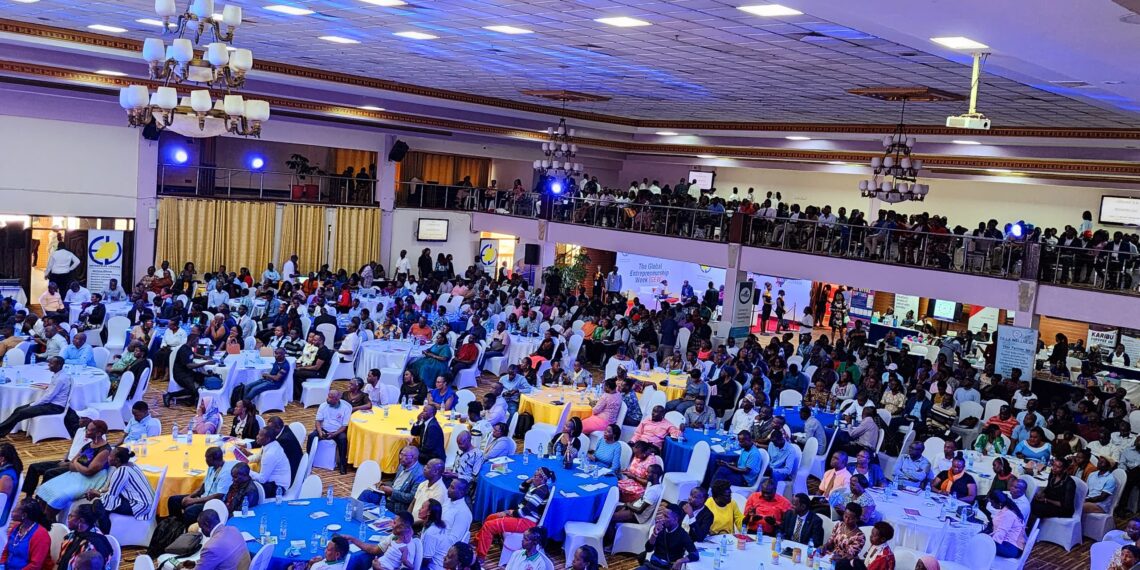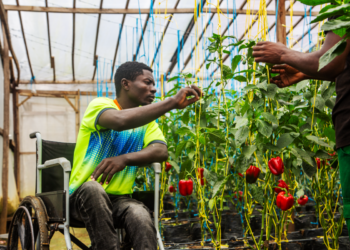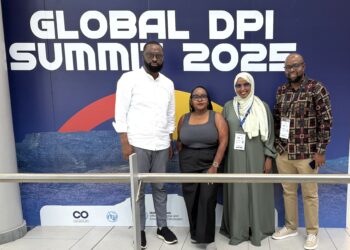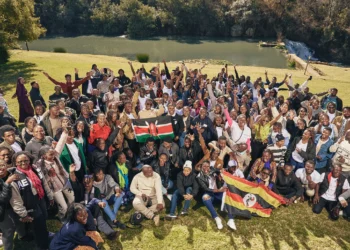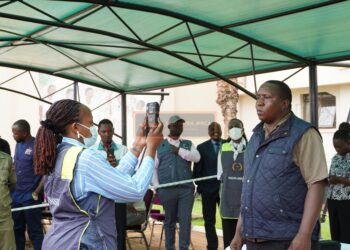It is not every day that about 1,000 entrepreneurship enthusiasts from all parts of Uganda gather in one place to share ideas. However, the Uganda edition of the Global Entrepreneurship Week (GEW) achieved that feat at its conference on Tuesday, November 19, at Hotel Africana — and the accompanying events on subsequent days till Sunday, November 24.
Organized under the theme, “Entrepreneurship is for everyone,” by Enterprise Uganda and the Ugandan chapter of the Global Entrepreneurship Network, which operates in 200 nations, the event showcased examples of successful Ugandan innovations, as well as the country’s entrepreneurship potential.
Ahead of the conference and entrepreneurship week, the Executive Director of Enterprise Uganda, Charles Ocici, had said, “This event is meant to create a learning environment and avenue for people to realize their potentials and gaps in the entrepreneurship space in different sectors, to create opportunities for sustainability, stability and employment opportunities for young people.”
According to Ocici, the entrepreneurship week is also designed to serve as an annual opportunity to celebrate the founders of entities that create opportunities for the country and shape the country’s economy. “This is such a valuable opportunity for start-up owners, innovators, venture capitalists, etc., to explore,” he added.
At the conference hosted on day one of the entrepreneurship week, participants were treated to storytelling sessions from organisation leads that support entrepreneurs in collaborating, learning, and growing the entrepreneurial spirit across Uganda and becoming part of the world’s largest celebration of entrepreneurship.
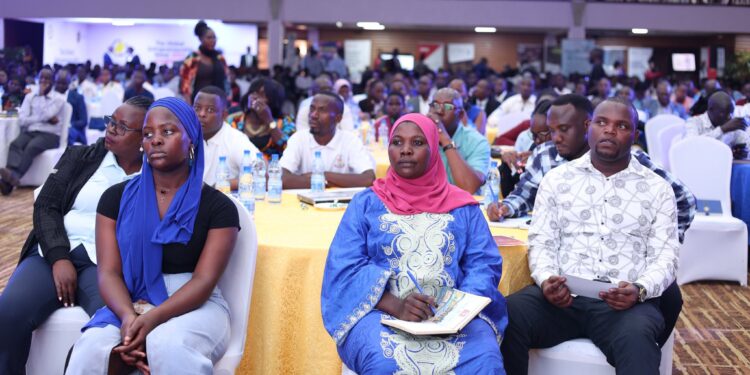
Some of the activities during the Global Entrepreneurship week included a National ICT job fair organized by the Information and Communications Technology Association of Uganda, a session on value addition with hive products (honey, beeswax and propolis) by Western Silk Road Ltd, a financial literacy podcast by House of Wealth Limited, and a Mkazipreneur deal room session connecting entrepreneurs to investors.
During one of the panel discussions, Dr Maggie Kigozi, a business consultant and former Executive Director of the Uganda Investment Authority (UIA), emphasized the value of planning, saving and investing every little penny one earns. She cited an example of how she and her late husband used their savings from their employment to start the Zuri Model farm, which now employs over 50 people and contributes to the sustainability of the economy.
In a session on building generational businesses, moderated by Roy Masiga Gakuo, the Founder and CEO of Imuka Access, the Managing Director of Fairway Hotel and Spa, Jaffer Azhar highlighted the need to start succession planning early, involve key stakeholders in the business, empower employees involved in the business and trust them by delegating roles to them, as well as document processes and ensure that there is continuous learning.

The Minister of State for General Duties in the Ministry of Finance, Planning and Economic Development, Henry Musasizi, who represented Finance Minister Matia Kasaija, applauded entrepreneurs for building businesses that create jobs and wealth for Ugandans, adding that their noble and patriotic role is the foundation of Uganda’s economic prosperity.
“I want to reaffirm the government of Uganda’s commitment to supporting the indigenous private sector at all levels, ranging from start-ups to large-scale enterprises, ready to compete nationally, regionally and globally,” he said.
Musasizi said the government’s strategy to prioritize ATMS (Agro-industrialization, Tourism, Minerals and Science, Technology and Innovation, including ICT) is testimony to the commitment to build durable businesses that shall deliver the 10-fold growth of Uganda’s economy and socio-economic transformation.
The acting Commissioner for the Economic Development, Policy and Research Department in the Ministry of Finance, Planning and Economic Development, Joseph Enyimu, said Uganda seeks to grow its Gross Domestic Product (GDP) from $50 billion in 2022/23 to $500 billion by 2040, anchored on emerging technologies and new sources of growth.


